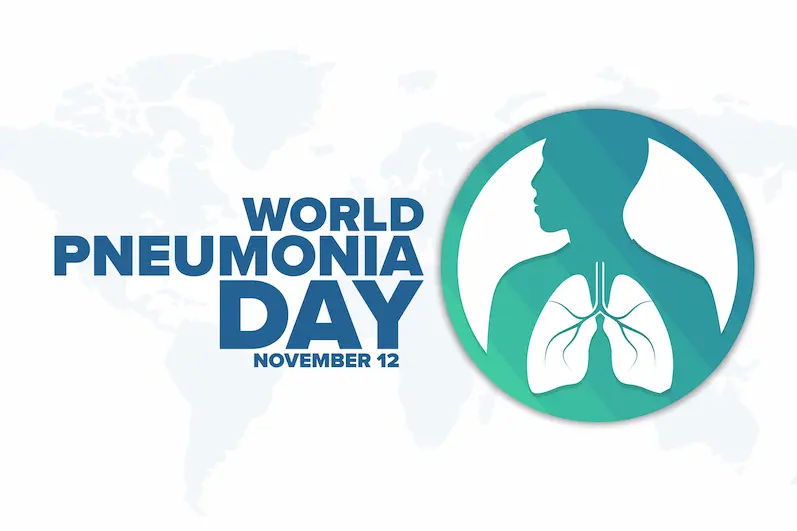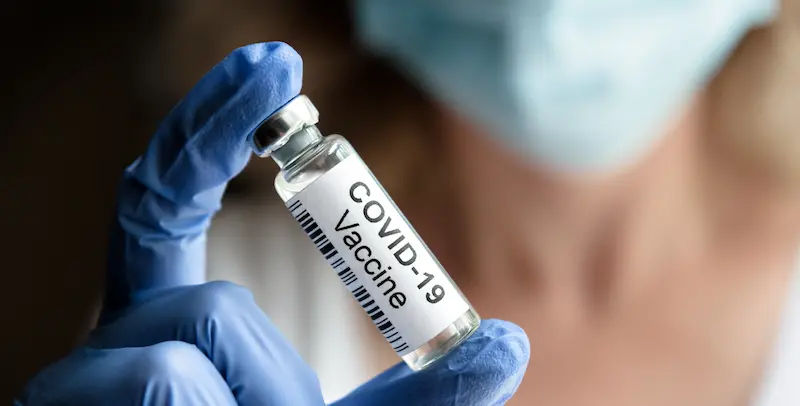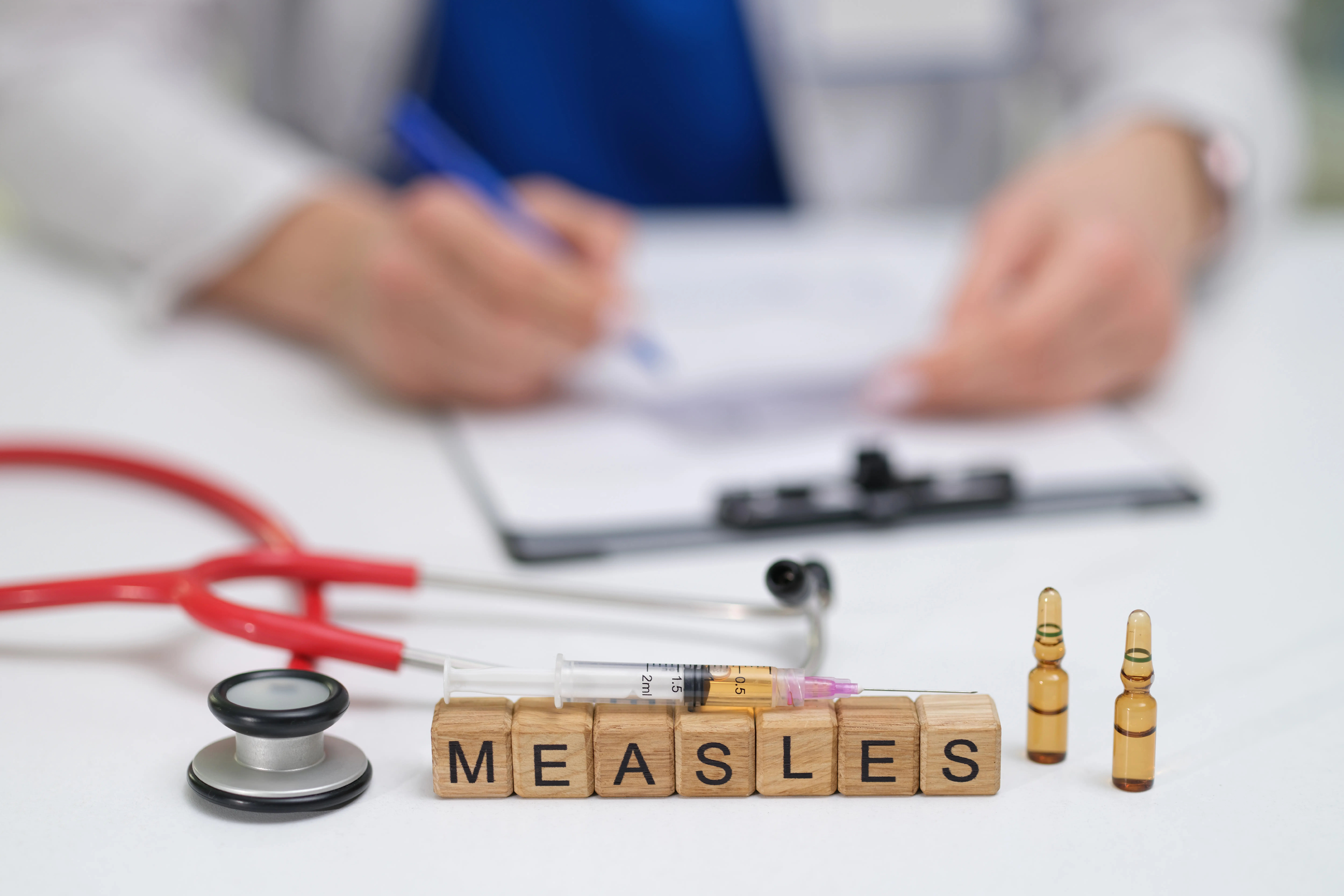- Male
- 18 Years
- 20/02/2025
So about 40 days ago, I got scratched by a dog's teeth, but I didn't get a rabies vaccine afterward. The dog is still alive and seems totally normal. I'm a bit worried because I've heard that rabies can have a long incubation period, so do you think I should get vaccinated now?
Answered by 1 Apollo Doctors
yes
Dr. Dhankecha Suggests...
Consult a Infectious Disease specialist
Answered 04/07/2025
0
0

More Infectious Disease Health Queries
View allI've got a question about the rabies vaccine. So, I had the full rabipur course back in November and December 2019. But then I got exposed again in February 2020 from a dog lick and took booster dosesone on February 4th, another on February 28th, then March 28th, and the last one on April 27th. Now, I'm worried about how long I'm actually protected. If I have another incident like a bite or a lick in the future, what should I do? Can you give me some guidance on this?
Once u complete all your doses
read more![Doctor 1]()
![Doctor 2]()
Answered by 1 Apollo Doctors
Is exudative granulomatous lymphadenitis something I should be really worried about? I've heard it might be related to tubercular exudate. Is it treated the same way as tuberculosis? I'd really appreciate some advice!
yes
read more![Doctor 1]()
![Doctor 2]()
Answered by 1 Apollo Doctors
I'm trying to understand these test results better. It says "Salmonella typhi O TO Reactive up to Titre 140" and "Salmonella typhi H TH Reactive up to Titre 1160." Then there's "Salmonella paratyphi A H AH Reactive up to Titre 180," but "Salmonella paratyphi B H BH Non Reactive." Should I be worried about these numbers? What's the difference between my typhi and paratyphi results? Any advice on what these mean for my health? I'm kind of concerned about what I should do next.
mild typhoid no need to worry
read more![Doctor 1]()
![Doctor 2]()
Answered by 1 Apollo Doctors
Disclaimer: Answers on Apollo 247 are not intended to replace your doctor advice. Always seek help of a professional doctor in case of an medical emergency or ailment.





